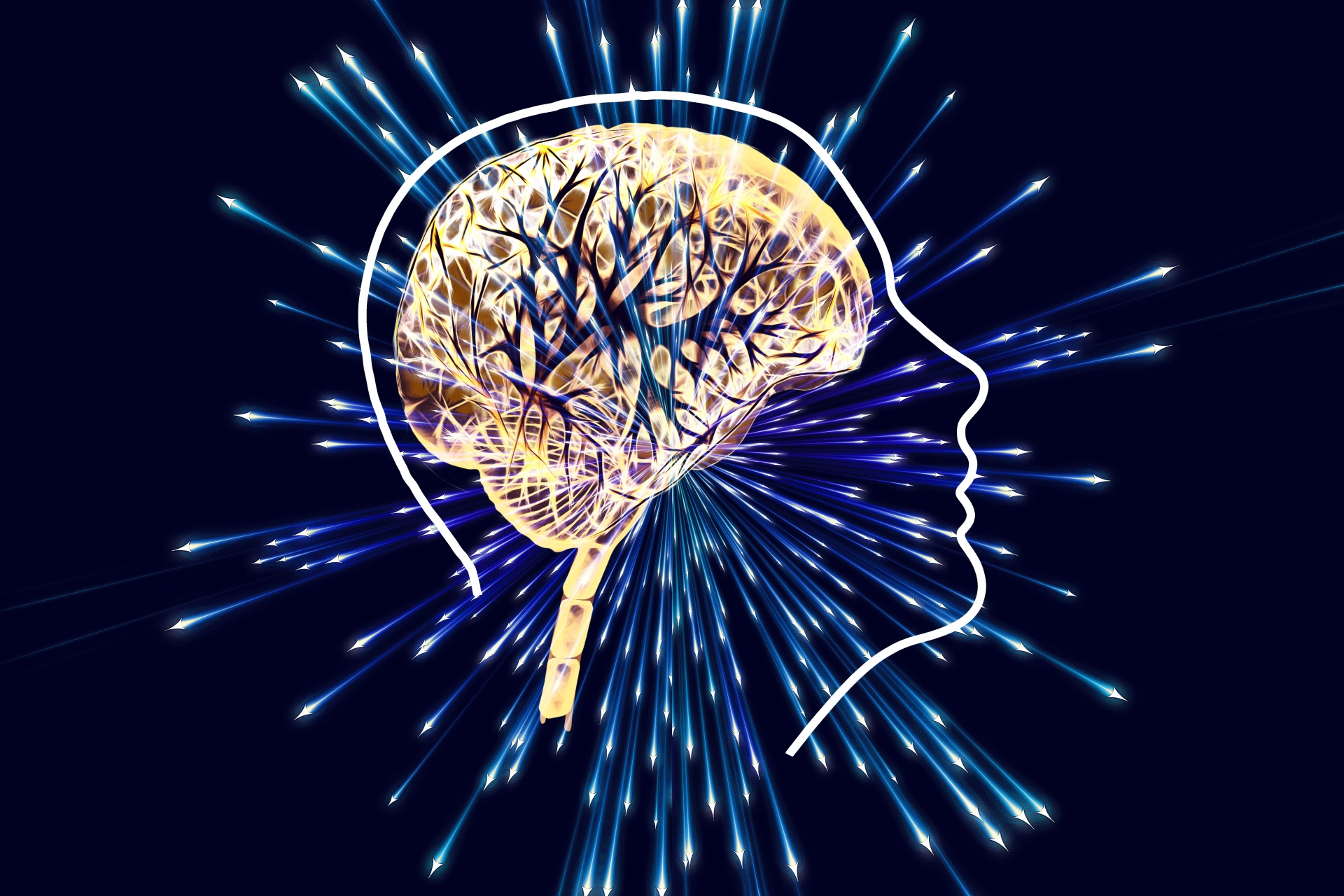
Secrets of learning: How the human brain stores memory and information
The human brain is one of the most complex organs in the body. It is responsible for everything we do, from thinking and feeling to moving and breathing. The human brain is also responsible for storing memories, both short-term and long-term.
Memory is the ability to store and retrieve information. It is essential for learning and everyday life. There are two main types of memory: short-term and long-term.
- Short-term memory is the ability to hold information in your mind for a short period of time, such as a phone number or a grocery list. Short-term memory is limited and can be easily forgotten if not rehearsed.
- Long-term memory is the ability to store information for a long period of time, such as your childhood memories or how to ride a bike. Long-term memory is more stable than short-term memory and is less likely to be forgotten.
How does the human brain store memories?
The human brain stores memories in a complex network of neurons, or nerve cells. When we learn something new, the connections between neurons are strengthened. This strengthening of connections is called synaptic plasticity.
There are two main types of synaptic plasticity:
- LTP (long-term potentiation) is the strengthening of connections between neurons that occurs when they are repeatedly activated. LTP is thought to be the basis of long-term memory.
- LTD (long-term depression) is the weakening of connections between neurons that occurs when they are not used. LTD is thought to be the basis of forgetting.
What factors affect memory?
There are many factors that can affect memory, including:
- Age: Memory tends to decline with age. This is because the brain loses neurons, and the connections between neurons become weaker.
- Stress: Stress can impair memory. This is because stress hormones can damage the hippocampus, which is a part of the brain that is important for memory.
- Sleep: Sleep is important for memory. This is because sleep helps the brain to consolidate memories, which means that it helps the human brain store memories for long-term use.
- Nutrition: A healthy diet can help improve memory. This is because the brain needs certain nutrients, such as omega-3 fatty acids, to function properly.
- Exercise: Exercise can help improve memory. This is because exercise increases blood flow to the brain and helps to create new brain cells.
How can we improve our memory?
There are many things that we can do to improve our memory, including:
- Get enough sleep: Most adults need around 7-8 hours of sleep per night.
- Eat a healthy diet: Eat plenty of fruits, vegetables, and whole grains.
- Exercise regularly: Aim for at least 30 minutes of moderate-intensity exercise most days of the week.
- Manage stress: Find healthy ways to cope with stress, such as yoga, meditation, or spending time in nature.
- Use memory aids: Use mnemonics, such as acronyms or rhymes, to help you remember information.
- Practice spaced repetition: Spaced repetition is a technique of learning that involves reviewing information at increasingly spaced intervals.
- Pay attention to what you’re learning. When you’re trying to learn something new, make sure to pay attention and focus on the information.
- Make connections: Try to connect new information to something you already know.
- Get enough rest. Don’t try to learn too much at once. Give your brain time to rest and process information.
Know about your subconscious mind. Click Here
FAQs
Q: What is the difference between short-term and long-term memory?
Short-term memory is the ability to hold information in your mind for a short period of time, such as a phone number or a grocery list. Short-term memory is limited and can be easily forgotten if not rehearsed. Long-term memory is the ability to store information for a long period of time, such as your childhood memories or how to ride a bike. Long-term memory is more stable than short-term memory and is less likely to be forgotten.
Q: How does the human brain store memories?
The human brain stores memories in a complex network of neurons, or nerve cells. When we learn something new, the connections between neurons are strengthened. This strengthening of connections is called synaptic plasticity.
Q: What factors affect memory?
There are many factors that can affect memory, including age, stress, sleep, nutrition, and exercise.
Q: How can we improve our memory?
There are many things that we can do to improve our memory, including getting enough sleep, eating a healthy diet, exercising regularly, managing stress, using memory aids, practicing spaced repetition, and paying attention










1 thought on “Secrets of learning: How the human brain stores memory and information”